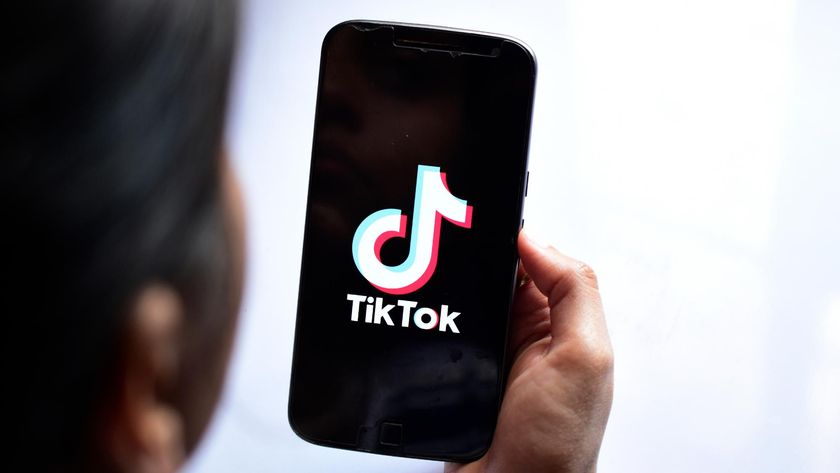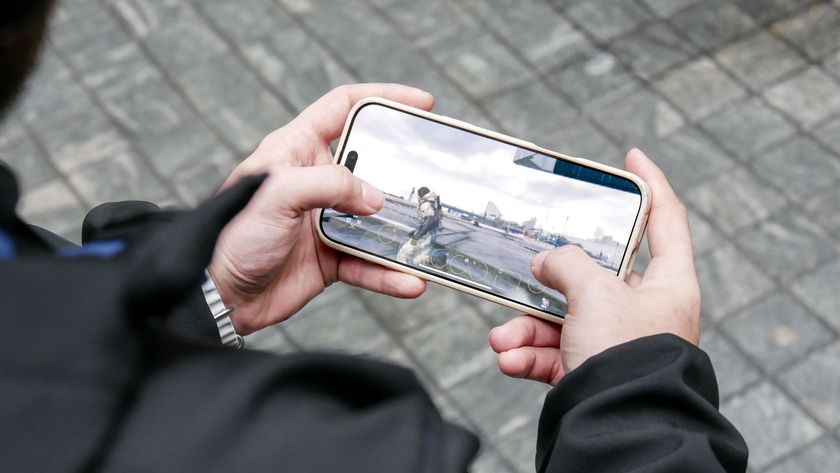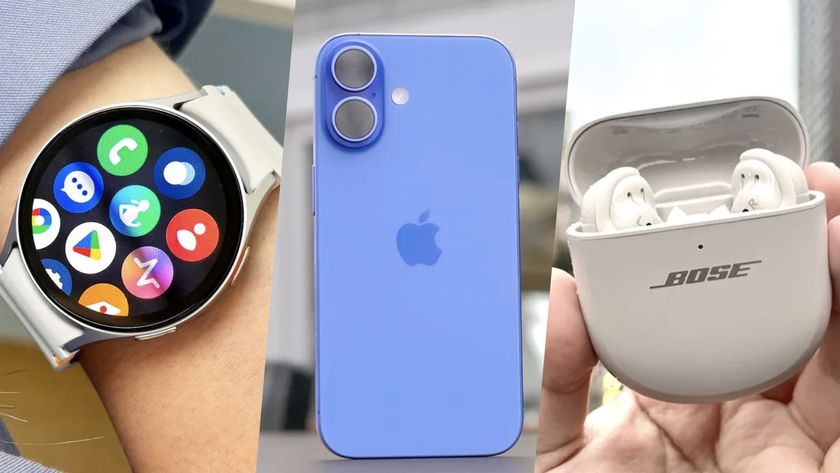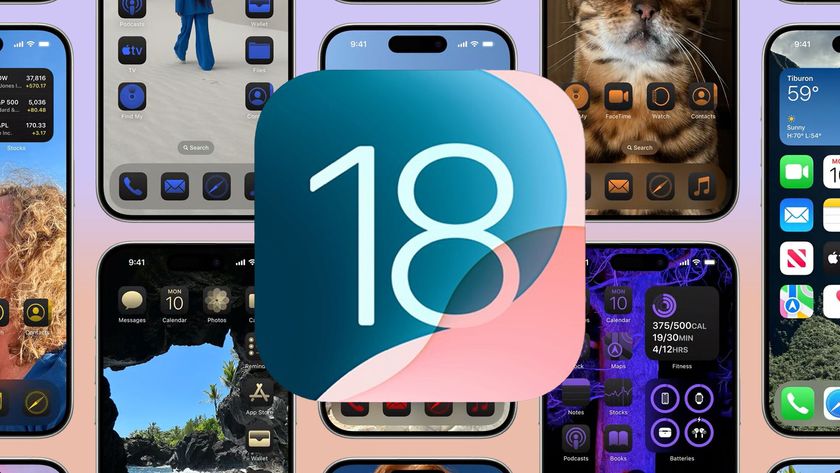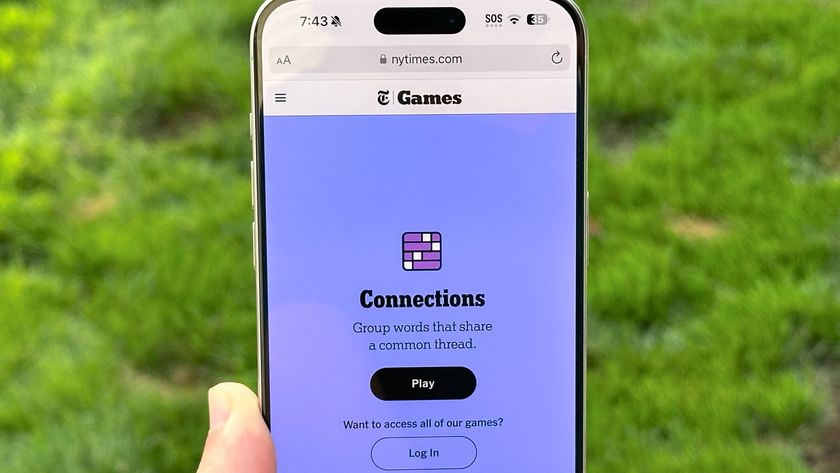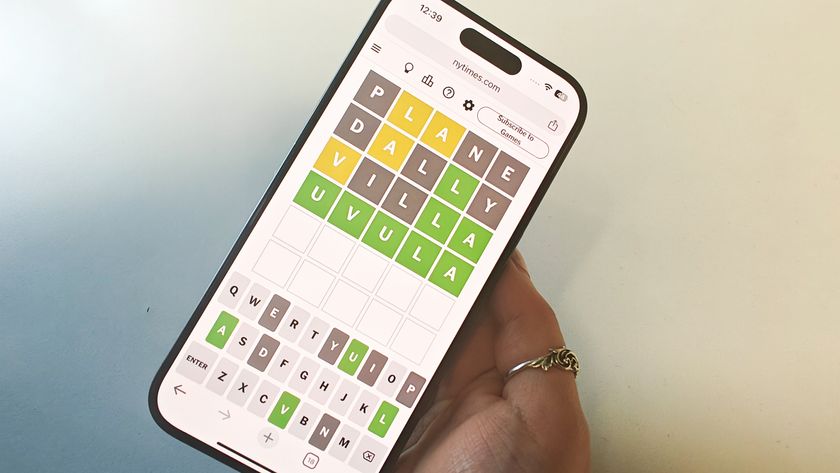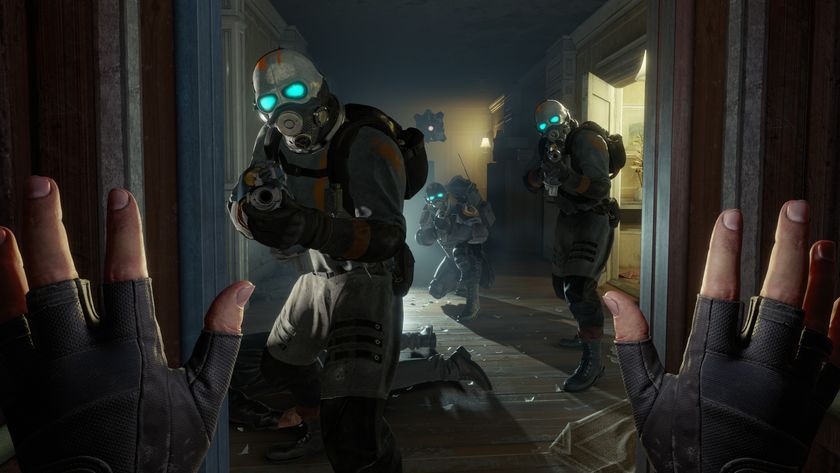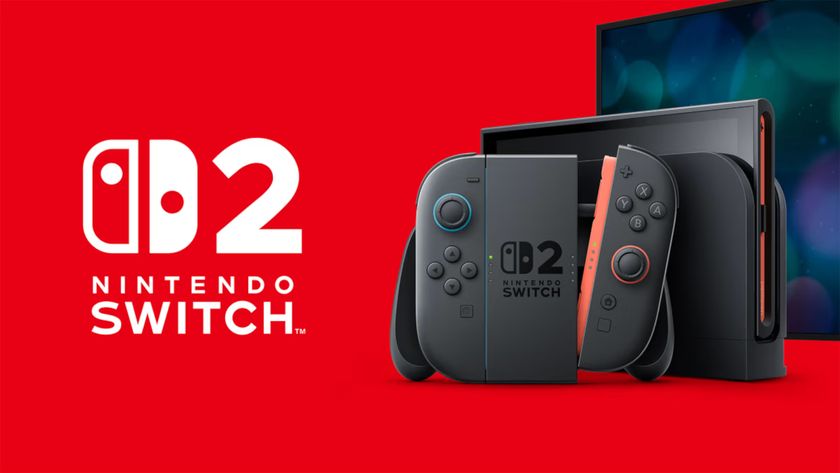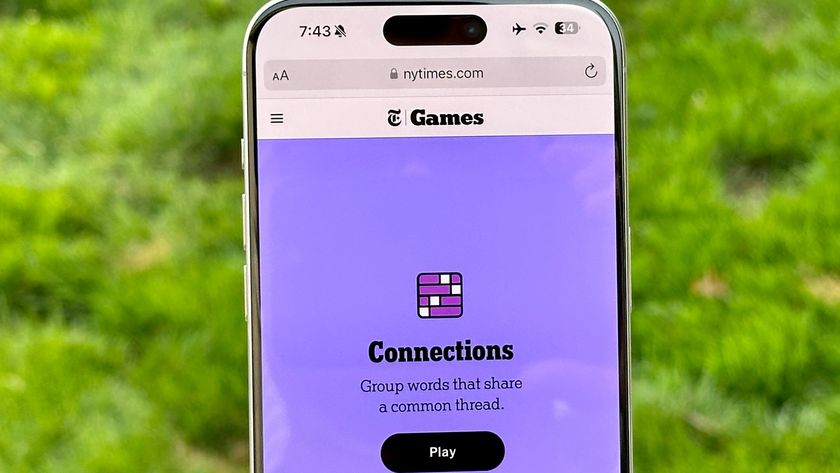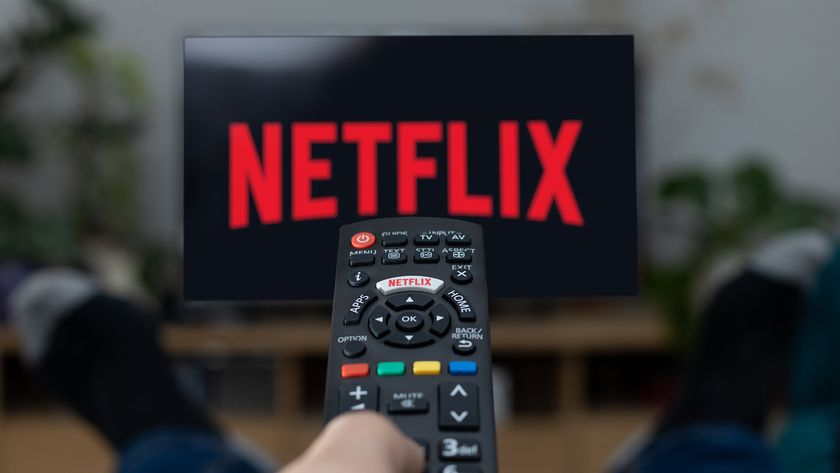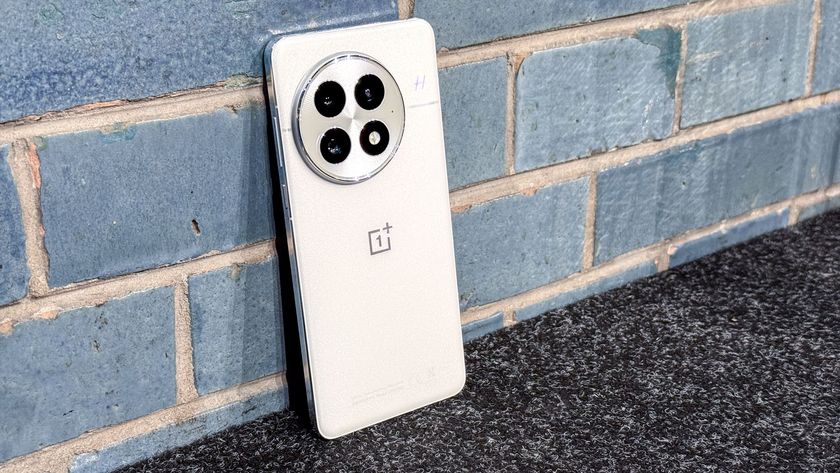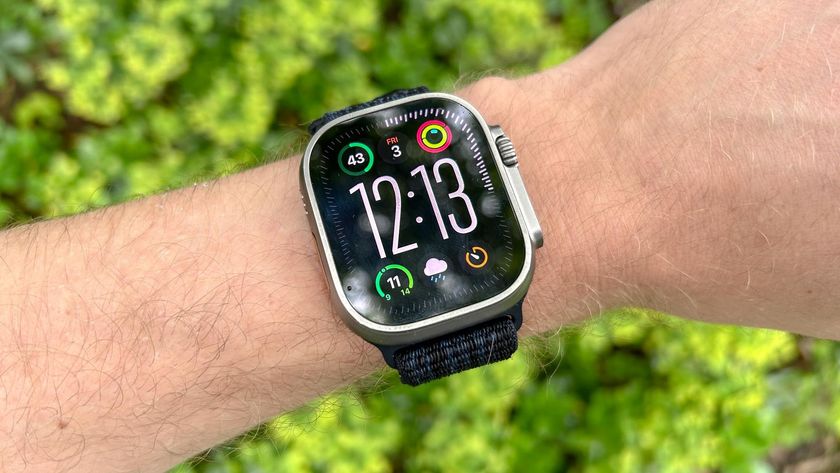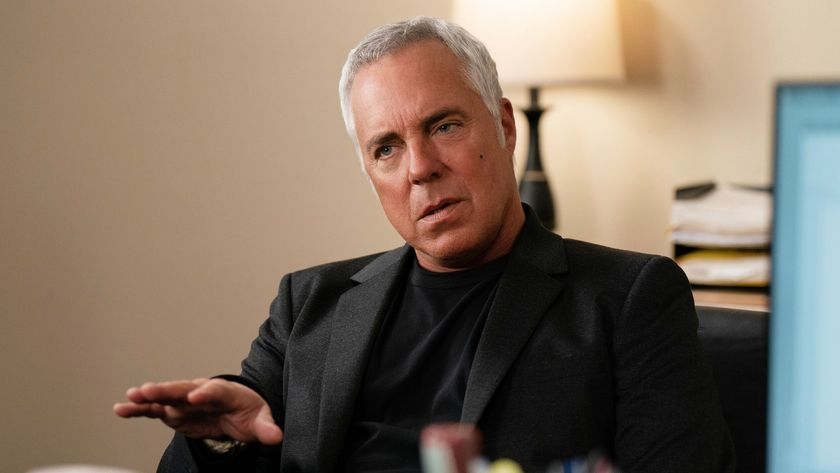Apple refuses to let Fortnite back in App Store — and it could stay that way for 5 years
If you want to play Fortnite you'll need a device made by anyone but Apple
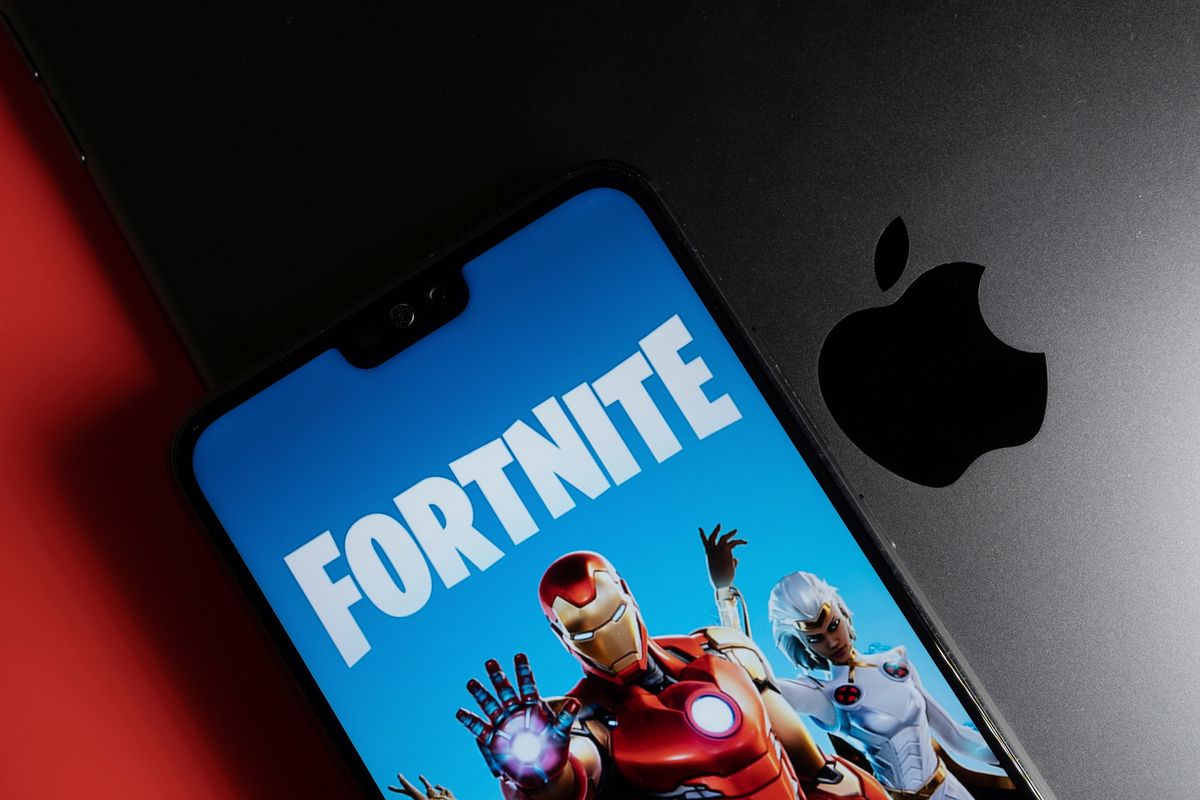
Update: Fortnite is finally back on iPhone and iPad — here's how to play it now.
The battle between Apple and Epic isn’t over yet, despite a court ruling earlier this month, because Apple has now told Epic that it’s still blacklisted from the App Store until the appeals process is completely over.
In other words, Apple won’t be restoring Epic’s developer account, nor will Fortnite be allowed back on iOS anytime soon.
- iPhone 13 review: The best iPhone for most people
- Here are the best iOS games you can play right now
- Plus: iPhone 13 is great — but it suffers from one major flaw
The initial ruling was a win and a loss for both sides. The courts ruled that Apple could not prevent app developers linking to an external payment system, which is a win for Epic. However, the ruling also declared that Apple didn’t have a monopoly on mobile games, has the right to collect fees on in-app purchases, and that the original contract between the two companies was both valid and enforceable. Meaning Epic knowingly broke it.
While Epic has appealed the ruling, CEO Tim Sweeney wrote to Phil Schiller, the Apple executive in charge of the App Store, promising that Epic payments had now been disabled server-side, paid Apple $6 million as ordered by the court and that the company would "adhere to Apple's guidelines whenever and wherever we release products on Apple platforms."
In return Epic asked for Apple to restore its developer account, which was originally suspended last year. The goal is to return Fortnite to Mac, and restore Unreal Engine testing and development to the iOS version of the game. Apple promptly refused.
Late last night, Apple informed Epic that Fortnite will be blacklisted from the Apple ecosystem until the exhaustion of all court appeals, which could be as long as a 5-year process. pic.twitter.com/QCD7wogJefSeptember 22, 2021
“Epic committed an intentional breach of contract, and breach of trust, by concealing code from Apple and making related misrepresentations and omissions," according to the letter sent by an Apple legal representative. "In its decision, the court recognized that 'Apple had contractual rights to act as it did. It merely enforced those rights as [Epic's] own internal documents show Epic Games expected.”
Sign up to get the BEST of Tom's Guide direct to your inbox.
Get instant access to breaking news, the hottest reviews, great deals and helpful tips.
Because of this, and Tim Sweeney’s statement that “Epic '[w]ouldn't trade [an alternative payment system] away to get Fortnite back on iOS”, Apple has decided not to restore Epic’s developer account. The company also confirmed it “will not consider any further requests for reinstatement until the district court's judgment becomes final and nonappealable."
This has clearly not gone down well at Epic, given Tim Sweeney’s tweet declaring this a “loss for fair competition and consumer choice”. Sweeney also pointed out that the appeals process could take as long as five years. Sweeney also attacked Apple, accusing them of lying about its willingness to allow Fortnite back into the App Store if Epic played by the same rules as everyone else.
Epic has vowed to fight on, declaring that “the need for regulatory and legislative action is clearer than ever before”. But for the immediate future Apple has every legal right to deny Epic access to its platform. Whether you agree with that action or not is another matter.
- More: The best Android phones you can still play Fortnite on

Tom is the Tom's Guide's UK Phones Editor, tackling the latest smartphone news and vocally expressing his opinions about upcoming features or changes. It's long way from his days as editor of Gizmodo UK, when pretty much everything was on the table. He’s usually found trying to squeeze another giant Lego set onto the shelf, draining very large cups of coffee, or complaining about how terrible his Smart TV is.

